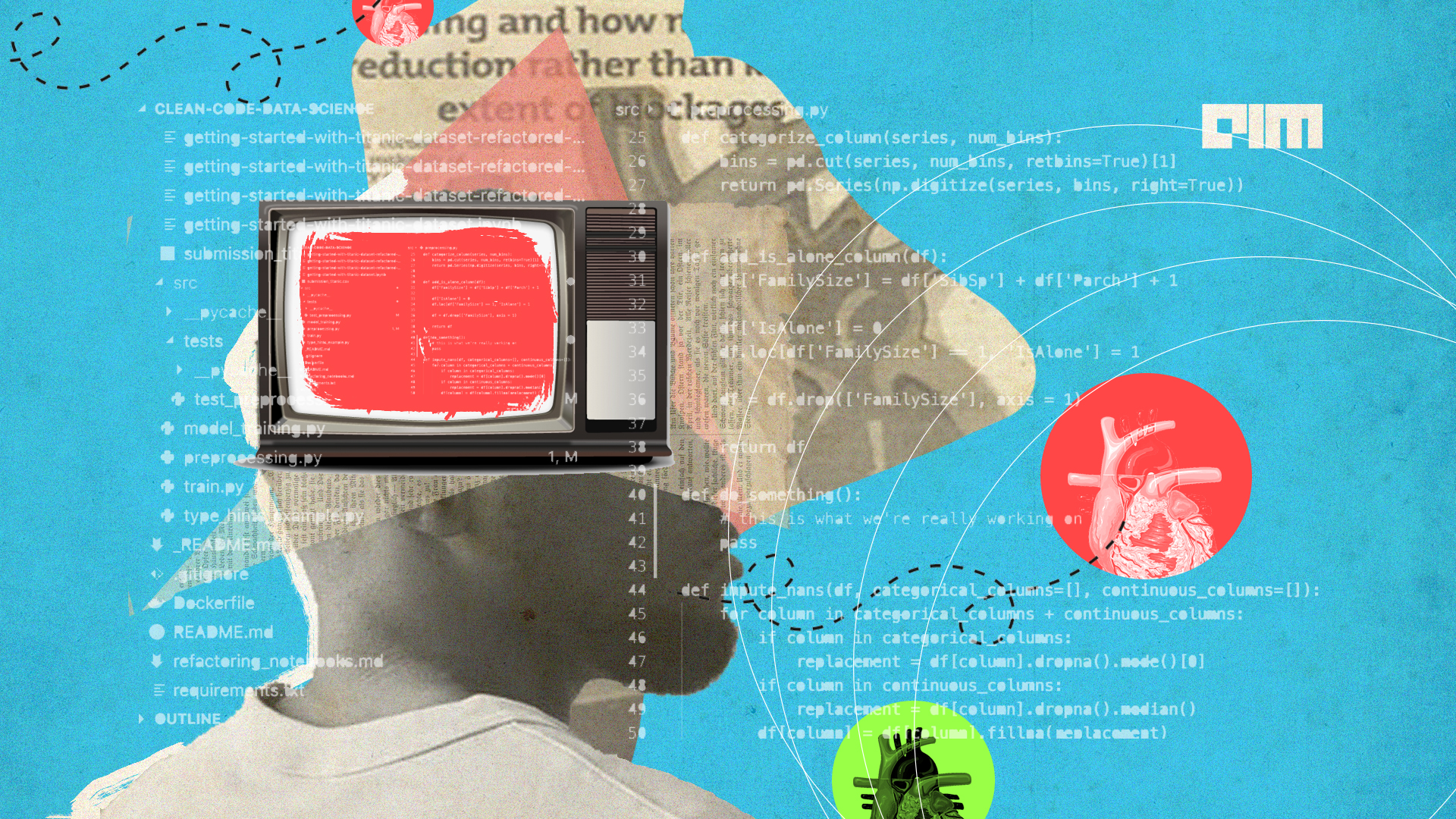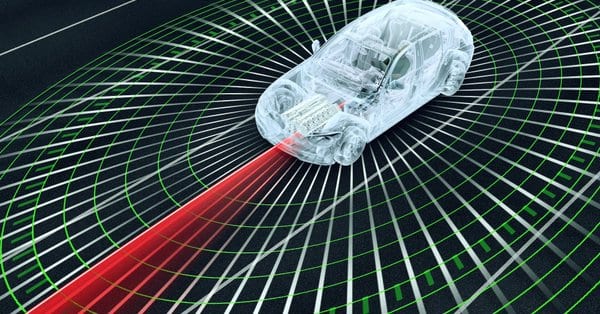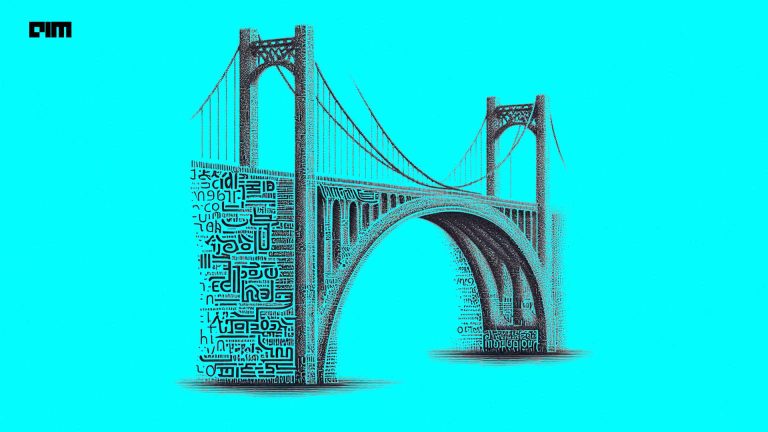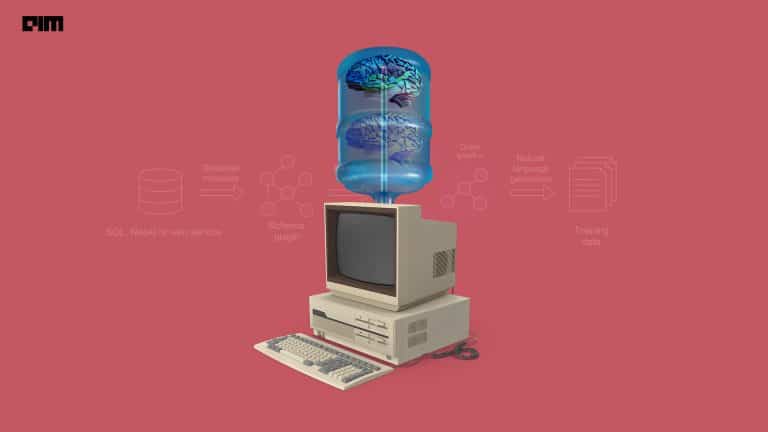Mount Sinai researchers developed an artificial intelligence (AI) algorithm capable of learning how to detect small changes in electrocardiograms to forecast whether a person was suffering from heart failure.
Benjamin S. Glicksberg, Assistant Professor of Genetics and Genomic Sciences, stated that “We demonstrated that using ECG waveform data, deep-learning algorithms can identify blood pumping issues on both ventricles of the heart. Typically, detecting these types of cardiac diseases requires costly and lengthy procedures. This approach, we think, will facilitate the identification of heart failure.”
AI and Electrocardiograms
However, recent advances in artificial intelligence imply that electrocardiograms – a frequently employed electrical recording device – may be a viable and quick option in certain instances. Numerous studies, for example, have demonstrated how a “deep-learning” algorithm can identify an abnormality in the left side of the heart, which pumps newly oxygenated blood to the entire body. The researchers detailed the design of an algorithm that analysed not just the left ventricle’s strength but also that of the right ventricle, which receives deoxygenated blood to the lungs.
Research To Clinical Practice
The Mount Sinai researchers developed a system to interpret electrocardiograms of patients and data gathered from written reports summarising the outcomes of related echocardiograms acquired from the same individuals for this investigation. In this case, the written reports served as a baseline for the system to compare to the EKG readings and learn how to identify weaker hearts. Likewise, algorithms for natural language processing aided the computer in extracting data from written reports. Simultaneously, the algorithm was assisted in learning to distinguish pumping strengths by including specific neural networks capable of detecting patterns in images.
Result
The method appeared to be successful at forecasting which patients will have healthy or extremely vulnerable left ventricles. The technique was 94% effective in predicting which individuals had a normal ejection fraction and 87% successful in predicting an ejection fraction less than 40%.
Glicksberg added, “Our findings imply that this algorithm may be beneficial in assisting clinical practitioners in combating heart failure in a range of patients.”
On the other hand, the algorithm was less effective at predicting which individuals will have somewhat weaker hearts. In this instance, the software was 73% accurate in predicting individuals with an ejection percentage between 40% and 50%. Here, the system predicted which patients had weak right valves with an accuracy of 84%. Furthermore, the additional investigation indicated that the algorithm might be useful at diagnosing cardiac weakness in patients of any gender or race.
Other Research Contributions
- New York researchers created a cognitive machine-learning method based on speckle tracking echocardiographic (STE) data. The purpose of this work was to test the potential and usefulness of a cognitive computing machine learning strategy for automated STE data interpretation. (Read here)
- Additionally, researchers from Egypt and New York demonstrated that utilising STE data, supervised learning algorithms could more effectively distinguish between athletic heart and hypertrophic cardiomyopathy than conventional measurement systems. Another possible application area for machine learning models in echocardiography is heart valve disease (HVD). (Read here)
- Brazilian researchers employed a neural network algorithm based on echocardiographic data to predict a patient’s one-year prognosis for heart failure. Their research indicated that neural networks were superior to linear discriminant analysis at predicting outcomes. (Read here)
- For the automatic recognition and segmentation of the right ventricular (RV) chamber, a group of researchers from California used deep learning techniques (convolutional neural networks and stacked autoencoders) trained on cardiac MRI datasets to predict the performance of these algorithms. (Read here)
Conclusion
The emergence of artificial intelligence in the cardiovascular field opens up new opportunities for providing more tailored care. Artificial intelligence’s enormous impact on cardiovascular imaging will have a substantial effect on clinical care. Machine learning algorithms will seamlessly connect data from numerous sources. It will automate various activities, freeing cardiologists up to spend more time with patients. It will significantly improve workflow and, eventually, medical management. Artificial intelligence and machine learning-driven algorithms are no longer a possibility but a foregone conclusion in cardiovascular imaging.



















































































